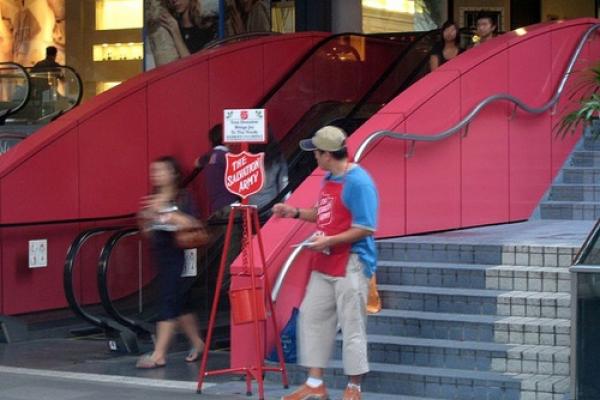A lot of ink, pixels, and air have been used on the potential effects of the so-called “fiscal cliff.” While many experts say that “cliff” is a misnomer (it’s more of long slope in the wrong direction), there is at least broad agreement that it’s not the right direction for the country’s long-term health.
We’ve heard a lot about the potential effects on Wall Street, our nation’s credit rating, and even the military. But little has been said about the devastating consequences for our nation and the world’s poorest and most vulnerable people — or for the charities and non-profits that serve them.
This week, the Circle of Protection, released an open letter to the president and Congress with a simple message: during the holidays, please “advance policies that protect the poor — not ones that make them poorer.”
Read the Full Article

